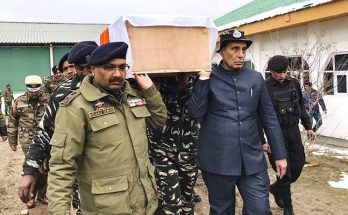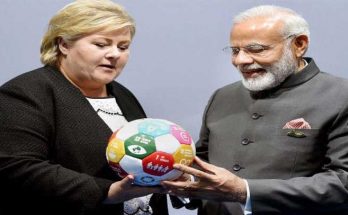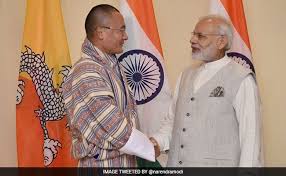
Pulwama massacre: India ups pressure, Modi asks world to unite against terror
Determined to walk the talk on punishing perpetrators of the Pulwama massacre in south Kashmir, India is exploring all options to call Pakistan to account, with Prime Minister Narendra Modi …
Read More








